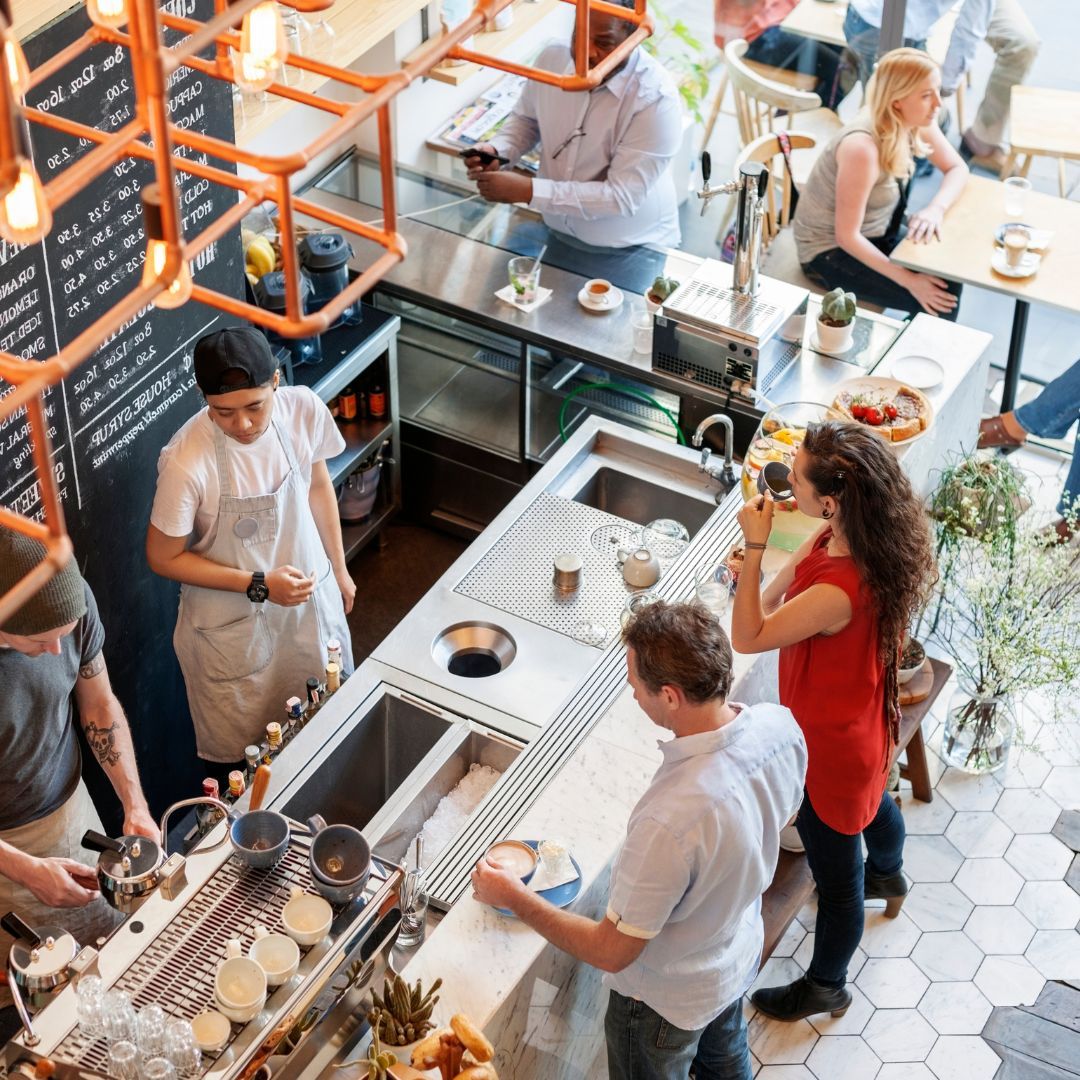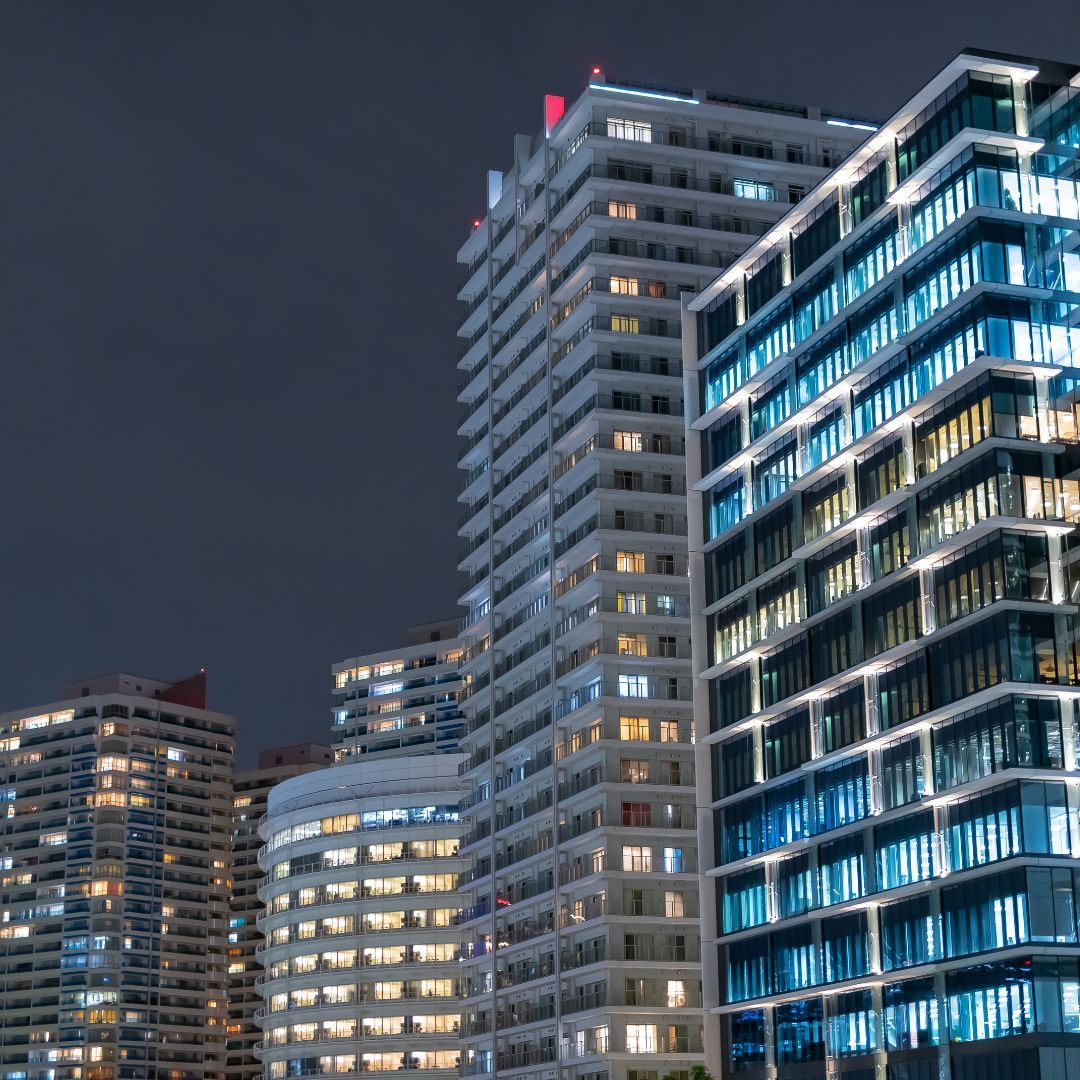How Security Policies Can Impact Your Nightclub’s Insurance Rates
See How We're Different
or call us: 303-834-1001
Operating a nightclub comes with its own set of challenges, one of which is managing insurance costs. The nightlife industry is inherently risky, with potential liabilities stemming from alcohol consumption, crowd control, and various other factors. One of the most significant determinants of insurance rates for nightclubs is the implementation of effective security policies. This article explores how these policies can influence insurance premiums and overall business operations.
The Importance of Security in Nightclubs
Nightclubs are vibrant venues that attract large crowds looking for entertainment, dancing, and socializing. However, with this lively atmosphere comes a heightened risk of incidents such as fights, accidents, and other liabilities. As a result, insurance companies closely evaluate the security measures in place when determining coverage and rates.
Understanding Insurance Risk Assessment
Insurance companies assess risk based on various factors, including the nature of the business, location, and security protocols. For nightclubs, the presence of security personnel, surveillance systems, and emergency procedures plays a crucial role in this assessment. A nightclub with robust security measures is often viewed as a lower risk, which can lead to reduced insurance premiums.
Types of Security Policies
There are several types of security policies that nightclubs can implement to enhance safety and reduce risk:
- Staff Training: Regular training sessions for security personnel on conflict resolution, crowd management, and emergency response can significantly improve safety.
- Surveillance Systems: Installing CCTV cameras and alarm systems can deter criminal activity and provide valuable evidence in case of incidents.
- Entry Policies: Implementing strict age verification and guest screening processes can help prevent underage drinking and reduce liability.
In addition to these measures, the integration of technology into nightclub security can further bolster safety protocols. For instance, mobile apps that allow patrons to report suspicious behavior or request assistance can create a more responsive environment. Some nightclubs have even begun utilizing facial recognition technology to enhance guest screening, ensuring that known troublemakers are denied entry. This proactive approach not only safeguards the venue but also fosters a sense of security among patrons, encouraging them to return.
Moreover, the role of communication in maintaining security cannot be overstated. Establishing clear lines of communication between security staff, bartenders, and management ensures that any potential issues can be addressed swiftly. Regular meetings to discuss incidents and review security footage can help staff stay vigilant and informed about emerging threats. By cultivating a culture of safety and awareness, nightclubs can create an environment where guests feel secure, ultimately contributing to a more enjoyable nightlife experience.
How Security Policies Affect Insurance Premiums
The relationship between security policies and insurance premiums is direct and impactful. By investing in comprehensive security measures, nightclub owners can potentially lower their insurance costs. Here are some ways these policies can influence rates:
Lowering Liability Risks
Insurance companies often categorize nightclubs as high-risk establishments due to the potential for accidents and incidents. By implementing effective security policies, owners can mitigate these risks. For instance, having trained security staff on-site can help manage crowd behavior, reducing the likelihood of fights or disturbances that could lead to claims. Additionally, employing surveillance systems such as CCTV cameras can provide valuable evidence in the event of an incident, further protecting the establishment from false claims and ensuring that any real incidents are documented accurately.
Improving Claims History
A nightclub's claims history is a vital factor in determining insurance rates. A venue with a history of frequent claims may face higher premiums. However, with solid security policies in place, the likelihood of incidents decreases, leading to fewer claims. Over time, this can result in lower insurance costs as insurers recognize the reduced risk associated with the establishment. Moreover, maintaining a detailed log of security incidents and responses can demonstrate to insurers that the nightclub is proactive in managing risks, which can be beneficial during policy renewals or negotiations for better rates.
Enhancing Reputation and Trust
Security policies not only protect patrons but also enhance the overall reputation of the nightclub. A venue known for its safety and security can attract more customers, leading to increased revenue. Insurers may take this positive reputation into account, potentially offering lower rates to businesses that demonstrate a commitment to safety. Furthermore, engaging with the local community and law enforcement can bolster a nightclub's image as a responsible establishment. Collaborating on safety initiatives or hosting community events can create goodwill, which not only helps in attracting patrons but may also lead to favorable insurance assessments based on the perceived stability and reliability of the business.
Utilizing Technology for Enhanced Security
In today's digital age, technology plays a crucial role in enhancing security measures within nightclubs. Implementing advanced access control systems, such as ID scanners and biometric verification, can help ensure that only eligible patrons enter the venue. This not only reduces the risk of underage drinking and related liabilities but also provides a safer environment for all guests. Additionally, utilizing mobile apps for real-time communication between staff can improve response times during emergencies, further minimizing potential claims and demonstrating a commitment to safety that insurers value highly.
Training and Development of Staff
Investing in the training and development of staff is another critical aspect of effective security policies. Regular training sessions on conflict resolution, emergency response, and customer service can empower employees to handle situations more effectively, reducing the likelihood of incidents that could lead to claims. Furthermore, having a well-trained staff can foster a culture of safety within the nightclub, where both employees and patrons feel secure. This proactive approach not only enhances the overall experience for guests but also signals to insurers that the nightclub is serious about minimizing risks, potentially leading to more favorable premium rates.
Case Studies: Successful Security Implementations
Examining real-world examples can provide valuable insights into the effectiveness of security policies in reducing insurance rates. Here are a couple of case studies that highlight successful implementations:
Case Study 1: The Urban Lounge
The Urban Lounge, a popular nightclub in a bustling metropolitan area, faced rising insurance premiums due to a history of incidents. In response, the owners invested in a comprehensive security overhaul. They hired additional trained security staff, installed a state-of-the-art surveillance system, and implemented strict entry policies.
Within a year, the nightclub saw a significant reduction in incidents, leading to a 30% decrease in their insurance premiums. The positive changes not only improved safety but also attracted a more diverse clientele, boosting overall revenue. Furthermore, the owners organized regular safety workshops for both staff and patrons, fostering a culture of awareness and responsibility. This initiative not only enhanced the overall experience for guests but also created a community atmosphere where safety was prioritized, further solidifying the club's reputation as a secure venue.
Case Study 2: The Coastal Club
The Coastal Club, located in a beach town, struggled with high insurance costs primarily due to frequent claims related to alcohol-related incidents. To address this, the management introduced a responsible beverage service training program for all staff, ensuring they were equipped to handle intoxicated patrons effectively.
As a result, the club experienced a drastic reduction in incidents and claims. The insurance provider recognized these efforts and offered a 25% discount on their premiums, demonstrating the financial benefits of proactive security measures. Additionally, the Coastal Club partnered with local law enforcement to host community events focused on safe drinking practices, which not only educated patrons but also strengthened community ties. These initiatives not only contributed to a safer environment but also positioned the club as a leader in responsible service, enhancing its brand image and customer loyalty in the process.
Best Practices for Implementing Security Policies
To maximize the impact of security policies on insurance rates, nightclub owners should consider the following best practices:
Conduct Regular Risk Assessments
Regularly assessing potential risks within the nightclub is essential. This involves evaluating the layout, identifying high-risk areas, and understanding the specific challenges associated with the venue. By staying proactive, owners can implement targeted security measures that address identified risks effectively. For instance, assessing the lighting in parking lots and entry points can deter criminal activity, while evaluating crowd control measures during peak hours can prevent potential altercations. Additionally, involving security professionals in these assessments can provide an external perspective that highlights vulnerabilities that may have been overlooked.
Engage with Local Law Enforcement
Building a relationship with local law enforcement can be beneficial for nightclubs. Collaborating with police can provide valuable insights into crime trends in the area and help develop tailored security strategies. Additionally, having a positive relationship with law enforcement can enhance the nightclub's reputation and may even lead to reduced insurance rates. Regular meetings with community policing officers can foster a sense of partnership, allowing nightclub owners to stay informed about local safety initiatives and resources. Furthermore, hosting community events in collaboration with law enforcement can improve public perception and create a safer environment for patrons.
Regular Staff Training and Drills
Training staff regularly on security protocols and emergency response is crucial. Conducting drills for various scenarios, such as fire evacuations or active shooter situations, ensures that all employees know their roles and responsibilities. This preparedness not only enhances safety but can also positively influence insurance assessments. Moreover, incorporating customer service training into security protocols can empower staff to de-escalate potential conflicts before they escalate into serious incidents. By equipping employees with the skills to handle difficult situations with professionalism and care, nightclubs can create a safer and more welcoming atmosphere for all guests.
The Role of Technology in Security Policies
In today's digital age, technology plays a significant role in enhancing nightclub security. From surveillance systems to access control, leveraging technology can improve safety and potentially reduce insurance costs. As the nightlife industry continues to evolve, integrating advanced technological solutions has become not just an option but a necessity for ensuring the safety of patrons and staff alike.
Surveillance Systems
Investing in high-quality surveillance systems can deter criminal activity and provide crucial evidence in case of incidents. Modern systems offer features like remote monitoring, facial recognition, and real-time alerts, making it easier to manage security effectively. Additionally, the integration of artificial intelligence into these systems allows for predictive analytics, which can identify suspicious behavior before it escalates into a serious incident. This proactive approach not only enhances the immediate response capabilities of security personnel but also fosters a safer environment, encouraging patrons to enjoy their night out with peace of mind.
Access Control Systems
Implementing access control systems can help manage entry points and monitor guest behavior. Technologies such as RFID wristbands or mobile ticketing can streamline the entry process while ensuring that only authorized individuals gain access. This not only enhances security but also improves the overall guest experience. Furthermore, advanced access control systems can be integrated with data analytics to track attendance patterns and peak times, enabling nightclub owners to optimize staffing and resource allocation. By understanding guest demographics and behavior, clubs can tailor their services and promotions, creating a more engaging atmosphere that resonates with their audience.
Incident Reporting Software
Utilizing incident reporting software can help nightclub owners track and analyze incidents effectively. By documenting occurrences, owners can identify patterns and areas for improvement, ultimately leading to enhanced security measures and potentially lower insurance rates. Moreover, these software solutions often include features for generating detailed reports and visualizations, which can be invaluable during staff training sessions. By reviewing past incidents and the responses to them, security teams can refine their protocols and ensure that all staff members are well-prepared to handle various situations. This continuous improvement cycle not only bolsters the club's security framework but also instills confidence in patrons, knowing that their safety is a top priority.
Insurance Types Relevant to Nightclubs
Understanding the types of insurance relevant to nightclubs is essential for managing risk and costs effectively. Here are some key insurance types that nightclub owners should consider:
General Liability Insurance
General liability insurance is crucial for nightclubs as it covers bodily injury, property damage, and personal injury claims. This type of insurance is fundamental for protecting against lawsuits that may arise from incidents occurring on the premises. For instance, if a patron slips and falls on a wet floor, general liability insurance can help cover medical expenses and legal fees, which can be substantial. Additionally, this insurance often includes coverage for advertising injuries, such as defamation or copyright infringement, which can be particularly relevant for nightclubs that engage in promotional activities.
Liquor Liability Insurance
Given that alcohol is a significant aspect of nightclub operations, liquor liability insurance is essential. This coverage protects against claims related to alcohol-related incidents, such as over-serving patrons or serving minors. Having this insurance can also positively influence overall insurance rates. Moreover, many states require nightclubs to carry liquor liability insurance as a condition for obtaining a liquor license, making it not just a wise choice but a legal necessity. By investing in this type of insurance, nightclub owners can not only safeguard their business but also promote responsible alcohol service, which can enhance their reputation in the community.
Property Insurance
Property insurance covers physical assets, including the building, equipment, and inventory. Nightclubs often have valuable equipment like sound systems and lighting, making property insurance vital for protecting against theft, damage, or loss. Additionally, property insurance can extend to cover business interruption, which is particularly important for nightclubs that rely heavily on consistent patronage. If a fire or flood were to temporarily close the venue, this coverage could help offset lost income and ongoing expenses, allowing the business to recover more swiftly. Furthermore, some policies may also include coverage for outdoor areas, such as patios or gardens, which can be essential for venues that offer outdoor entertainment options.
Conclusion: The Bottom Line on Security Policies and Insurance Rates
In the dynamic world of nightlife, security policies play a critical role in shaping insurance rates for nightclubs. By implementing effective security measures, nightclub owners can not only enhance safety for patrons and staff but also reduce their insurance costs significantly.
Investing in security is not just about compliance; it's a strategic move that can lead to a more profitable and sustainable business. As the nightlife industry continues to evolve, prioritizing security will remain essential for managing risks and ensuring the longevity of nightclub operations.
In conclusion, understanding the intricate relationship between security policies and insurance rates is vital for nightclub owners. By adopting best practices, leveraging technology, and staying informed about relevant insurance types, nightclub owners can create a safer environment while also enjoying the financial benefits that come with lower insurance premiums.













